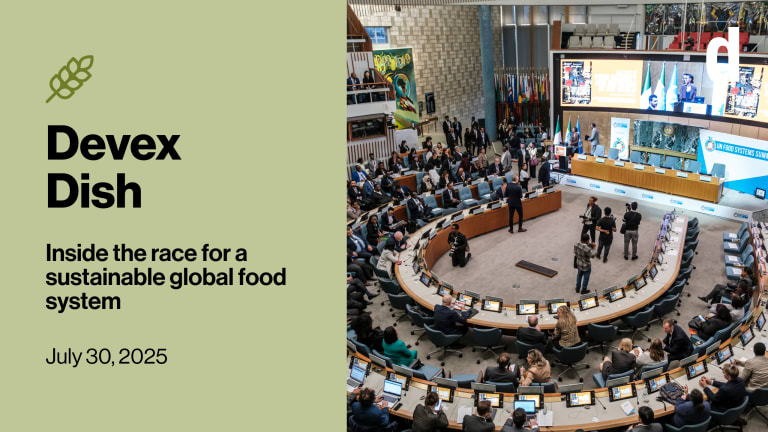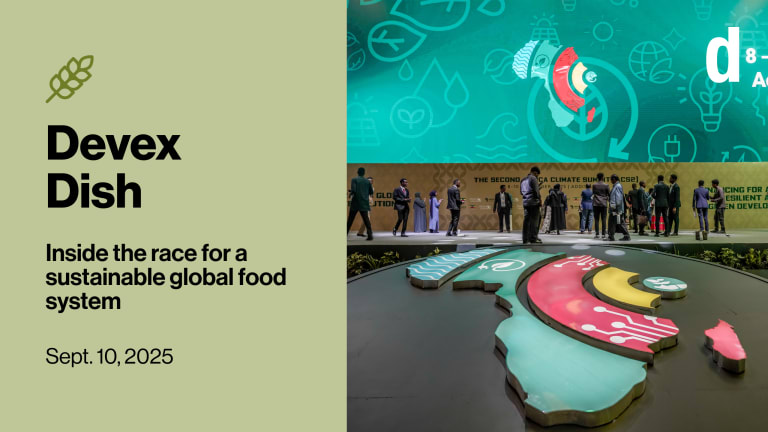Fresh from the United Nations Food Systems Summit stocktaking last week in Rome, there’s lots of talk about what FAO, WFP, and IFAD can do to help bring about food systems transformation and improve global food security amid alarming trends in the wrong direction. But not once at the gathering did I hear mention of the U.N. Committee on World Food Security.
The relatively little known CFS was created in 1974 and reformed in 2009 after a global food price crisis, which resulted in a drastic increase in the number of people unable to feed themselves. It meets once a year and operates on what it calls a “multistakeholder approach,” ensuring everyone’s opinions are heard even as member governments have the final say.
It’s known as the U.N.’s “most inclusive body,” which to some is its biggest asset. Civil society and the private sector have formal seats at the table, so even while they don’t have final approval over documents, everyone still has to listen to what they think. Hosted at FAO, the three Rome-based agencies financially support CFS and lend it staff.








